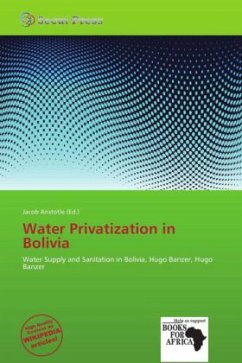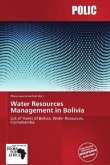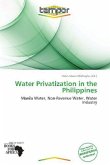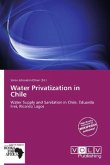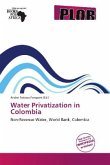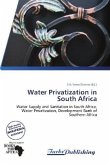The privatization of water supply and sanitation in Bolivia took place during the second mandate of Bolivian President Hugo Banzer (1997-2001) in the form of two major private concessions: One in La Paz/El Alto to Aguas de Illimani S.A. (AISA), a subsidiary of the French Suez (formerly Lyonnaise des Eaux) in 1997; and a second one in Cochabamba to Aguas de Tunari, a subsidiary of the multinationals Biwater and Bechtel in 1999.Following two popular uprisings against water privatization, the first in Cochabamba in April 2000 and the second in La Paz/El Alto in January 2005, the two concessions were terminated. In the latter case, Aguas de Illimani was replaced by the public utility Empresa Pública Social de Agua y Saneamiento (EPSAS).The public water utility came under severe criticism in 2008 due to water shortages, accounting errors, tariff increases and poor disaster preparedness. Consequently, representatives of the La Paz neighborhood association announced to create their own service provider.
Bitte wählen Sie Ihr Anliegen aus.
Rechnungen
Retourenschein anfordern
Bestellstatus
Storno

